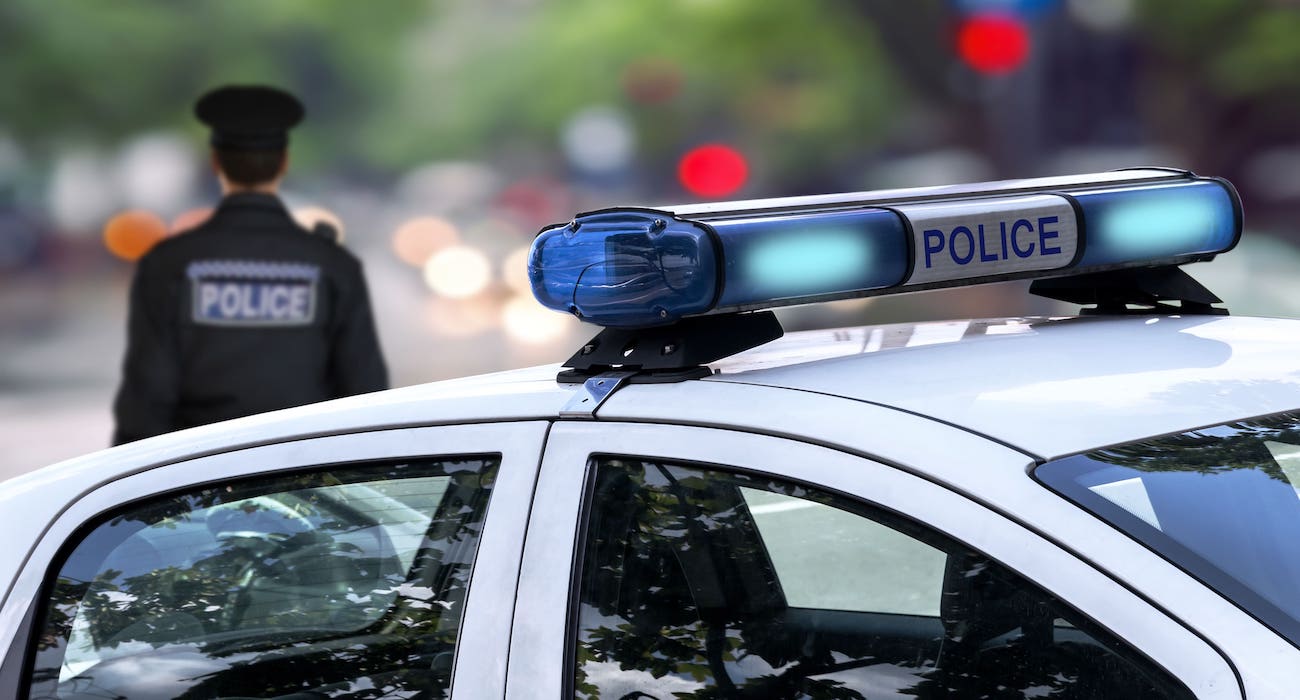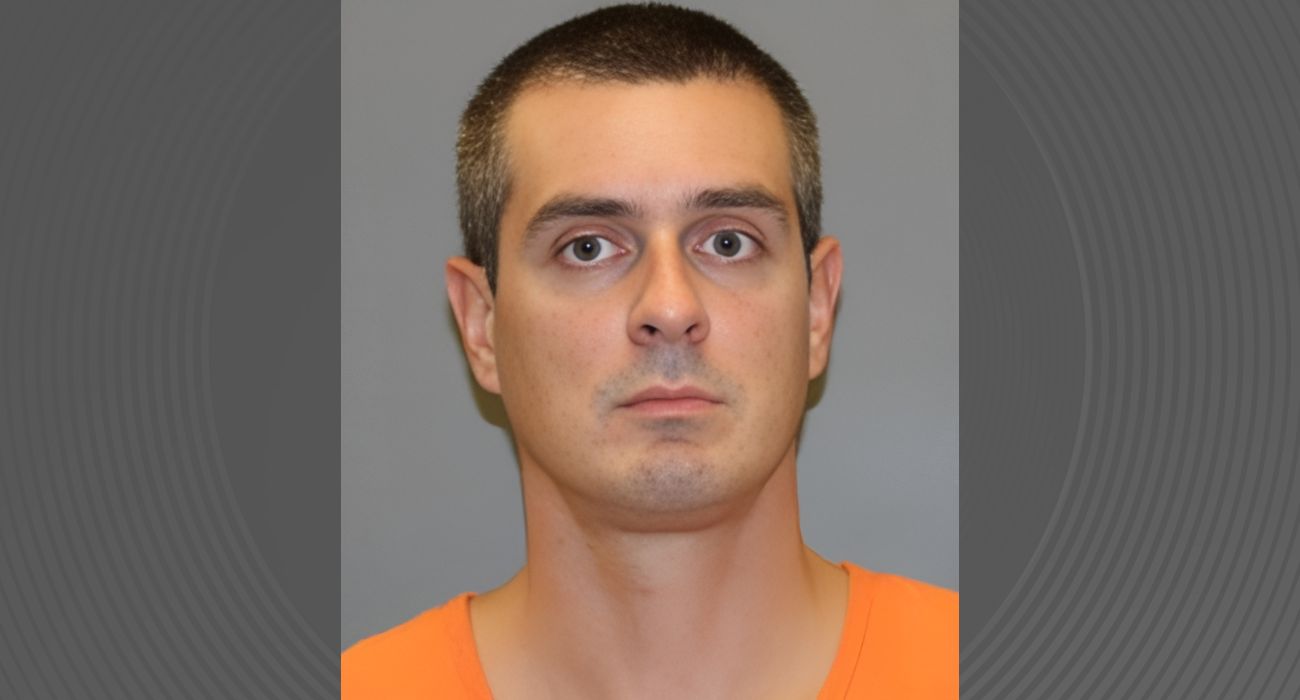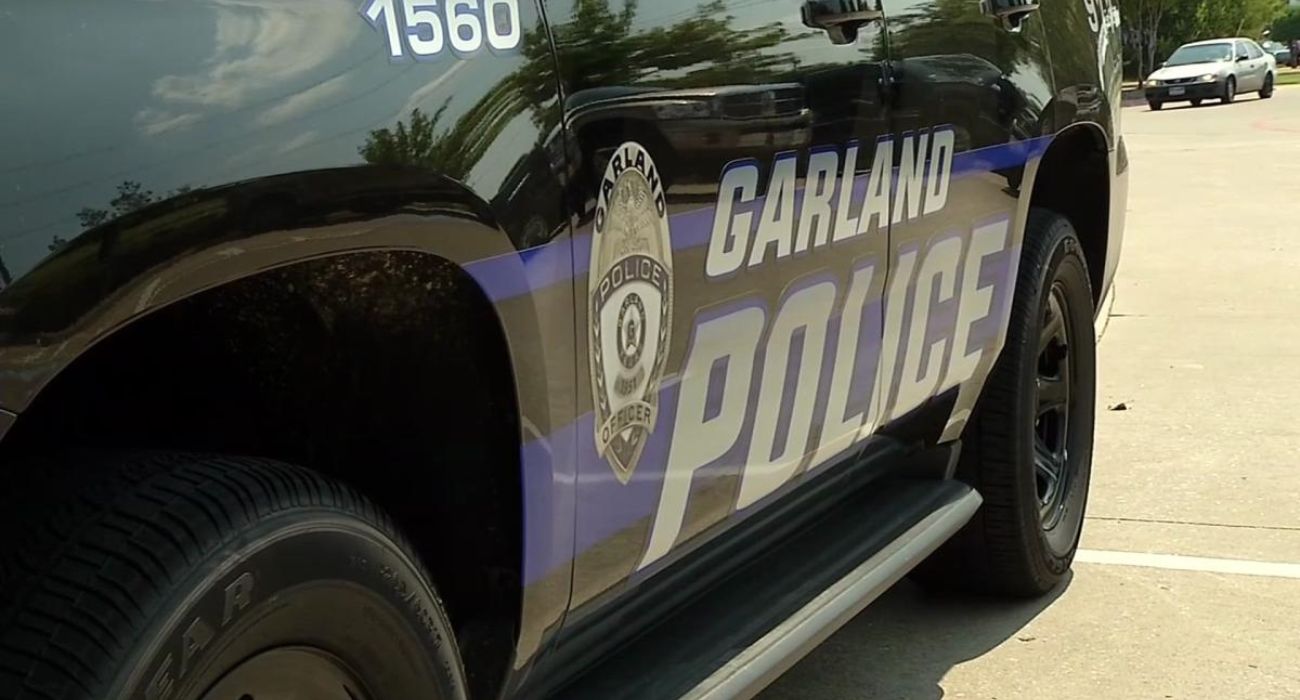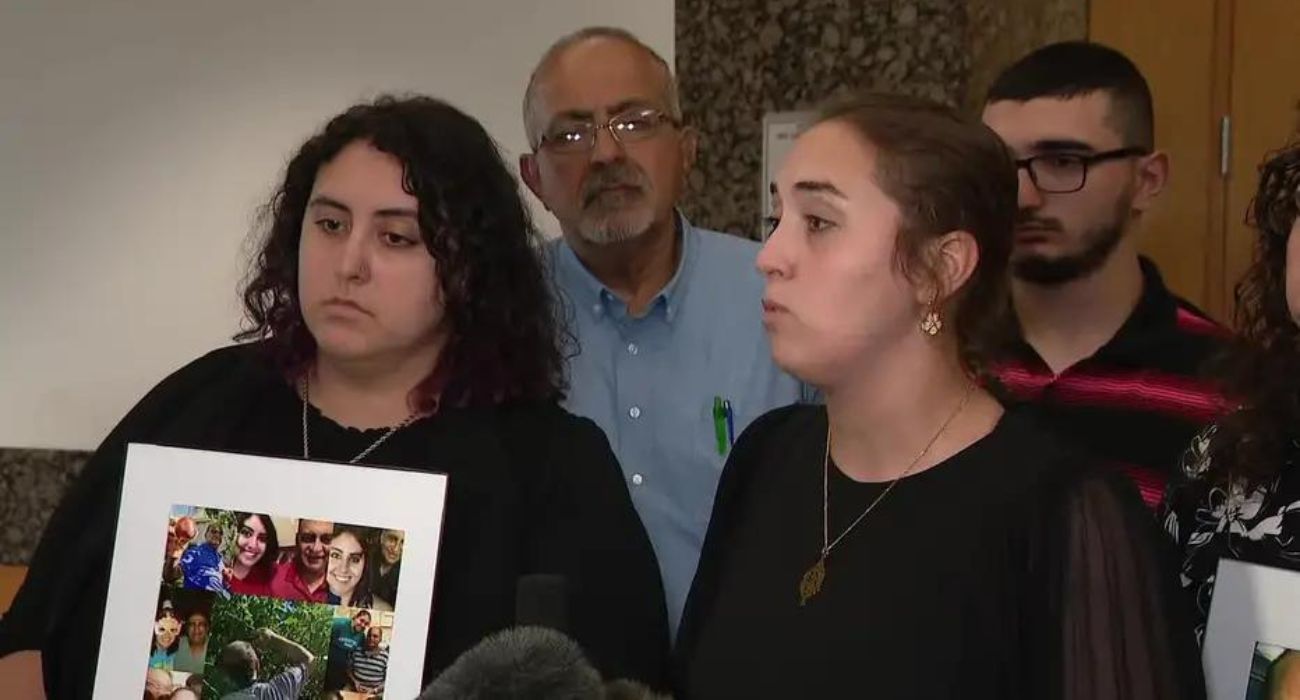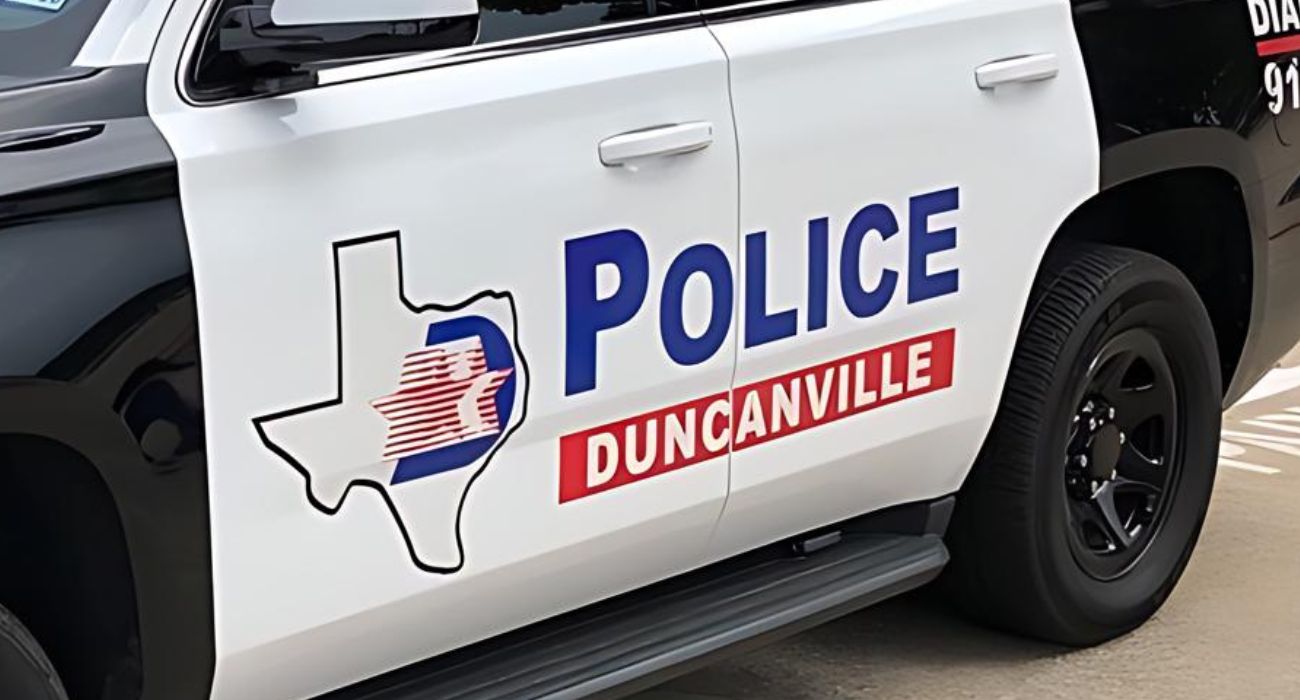It is no secret that the overwhelming number of victims of violent crime in Dallas are people of color.
As previously reported by The Dallas Express, 53.6% of the city’s murder victims in 2023 were black, and 34% were either Hispanic or Latino, as of August 5, according to City data.
In a July interview with local activist Antong Lucky, president of the non-profit organization Urban Specialists, The Dallas Express heard about how the dynamic has been affecting majority-minority neighborhoods in Dallas and what could be done to stop it.
“We did a canvas of four neighborhoods that were deemed hotspot neighborhoods, more likely to have police violence, more likely to have community violence, et cetera. … About 90% said, ‘we want more police presence in these areas,'” claimed Lucky. “This is totally contradictory to what the talking heads were saying, right? And the people saying, ‘defund the police, do away with the police.’ We didn’t tell people what to say. That’s what they wrote on the [survey].”
According to a City of Dallas analysis, the Dallas Police Department is short about 900 police officers, needing roughly 4,000 total to adequately police the city.
“But they also said … we want to feel safe in our communities. We don’t want to be profiled. We don’t want to be harassed, but we want police. So I had to go back to the drawing board because I was kind of going along with the chorus at the time,” Lucky said.
He told The Dallas Express he was active in the Black Lives Matter movement around the time of the George Floyd protests.
Speaking about the city’s current police shortage, Lucky said, “I don’t think people don’t want to be police officers. I think it’s just the perception of being a police officer that they’re afraid of, and we have to change that perception.”
He stressed that changing the narrative is critical to making a positive difference:
“You can’t take one officer’s mistake and say that’s the whole system … [just like] you can’t look at a community and say, ‘we arrested some people over there, they’re bad, they’re criminals.’ That’s the easy way out.
“The hard way is to have conversations where we get to know each other sitting like how we’re sitting, that’s how relationships are formed and built, not from algorithms on our phones, tweeting, and rushing to judgment without all of the facts.”
Urban Specialists seeks to “disrupt the trends of violence and poverty by recruiting, training, and deploying changemakers from various backgrounds to positively impact urban communities.”

